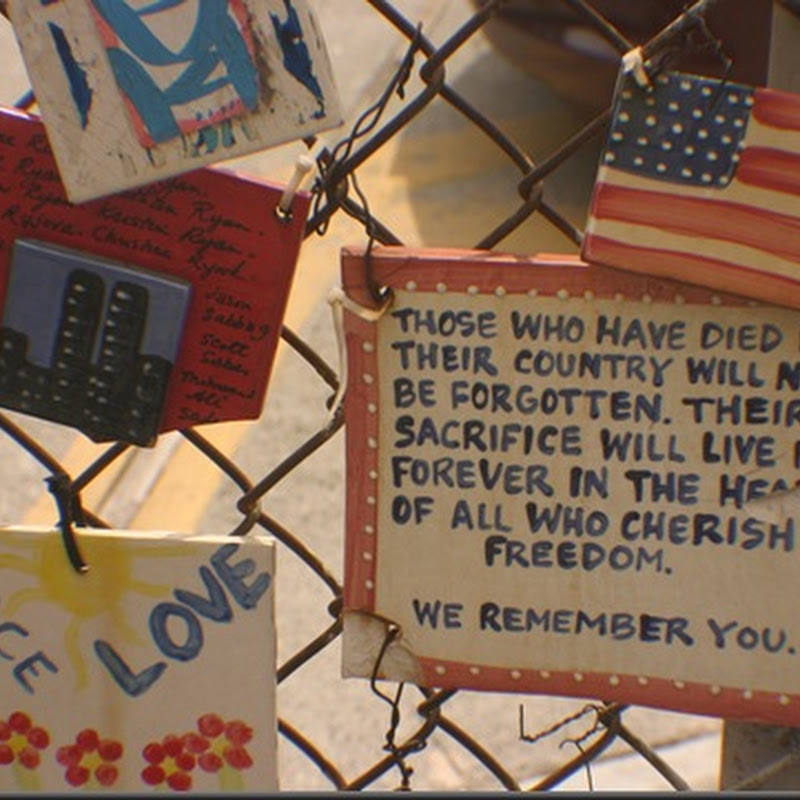
The French can lie, sorry rework history.
Exactly 593 years after King Henry V's legendary victory, a revisionist conference will be held at the scene of the triumph.Academics will suggest that the extent of the feat of arms was massively exaggerated, with claims that the English were hugely outnumbered a lie.
More controversially still, they will say that the foreign invaders used numerous underhand tactics against an honourable enemy.
Well this was the middle ages. Quite often troops were slaughtered on the losing side.
Henry ordered the slaughter of what was perhaps several thousand French prisoners, with only the most illustrious being spared. His fear was that they would rearm themselves with the weapons strewn upon the field, and the exhausted English (who had been fighting for about three hours) would be overwhelmed. This was certainly ruthless, but arguably justifiable given the situation of the battle; perhaps surprisingly, even the French chroniclers do not criticise him for this(although they do now....)
These included burning prisoners to death and setting 40 bloodthirsty royal bodyguards on to a single Gallic nobleman who had surrendered.
'There's been a distortion of the facts and this conference will attempt to set the record straight,' said Christophe Gilliot, a distinguished French historian who is director of the Medieval History Museum in Agincourt, where the conference will take place.
'We have historians arriving from all over France, and all will produce hard facts concerning the battle, rather than rumours and speculation.
Thats nice. Maybe they will claim that this loss was in fact a French victory.
'At the very least the English forces acted dishonourably. The middle ages were a very violent time, of course, but some might accuse the English of acting like what might now be called war criminals.'
It was on Friday October 25 1415 - St Crispin's Day - that a force led by Henry V engaged the French at Agincourt, a small village not far from Calais in northern France.
The English army, made up mainly of archers using longbows, massacred a vast force of noblemen in the most famous battle of the Hundred Years' War.
Poor planning on the part of the French.
Immortalised by William Shakespeare in his play Henry V, Agincourt has since become a byword for English heroism in the face of apparently insurmountable odds.
In fact, detailed bureaucratic records of French king Charles VI's army reveal that they were made up of 9000 travelling soldiers, perhaps with another 3000 locals from the Picardy region where the battle took place.
This compares to the total force of 12000 who travelled to France with Henry, although some 3000 were lost during the preceding siege of Harfleur, and through dysentery.
English chroniclers writing in the years following the battle have wrongly claimed that there were as many as 150,000 French, compared to 6000 odd English.
Mr Gilliot said notably horrific acts perpetuated by the English included placing prisoners in a barn and setting in on fire, with the permission of Henry V.
Boo hoo. Maybe they will revise the facts on how lots of Frenchmen fled the field that day as well: English and French accounts agreeing that a significant proportion of the French army fled after seeing so many French nobles killed and captured in the fighting.
When the Duke of Alençon, who commanded the second division of the French army, had failed to put an axe through Henry, he tried to surrender but was killed by the King's 40-strong bodyguard.
Mr Gilliot said: 'There were numerous heroic acts by the French on the field of battle, but they were met with barbarism by the English.' While, significantly, no English academics have been invited to today's conference in France, the revisionist theories have found support on the other side of the Channel.
Of course there are always quislings happy to do down England and its great victory over the French.
Still it is nice to see that spinning of facts is not just in the hands of one James Gordon Brown.
I shall just finish with the French leader Sarkozy words, yes him of the nails of chalkboard voiced wife - seriously don't even look her music up as it sucks and blows at the same time - who said Casse-toi alors, pauvre con








































































































































































































































6 people have spoken:
It's still a sore point over there- you might or might not remember that a decade or so ago I lived at Agincourt Street. Well, visiting Paris back then (because for reasons that escape me, I'm a massive Francophile. Sorry 'bout that, but hey- you went to Italy and I wouldn't put a foot on their filthy greasy cowardly wop soil.) the geezer at Gare du Nord asked for my papers and my train tickets and passport were in an envelope with my home address on it. He looked at the envelope, took the the passport, raised an eyebrow and threw my stuff down on the counter. And muttered something about me or my companion being a dog, or something. The word "chien" was used. Charming fellow. Anyway, had a lovely time.
But can you imagine the version of events being written up for the Museum of the EU being constructed near the EU parliament?
Late one, a charming time? In France? You jest!
Crecy was better, but for some reason forgotten largely.
Look it up and no doubt they will be trying to revise that one too soon.
Mind you this is the frogs, so who really gives a fuck what they think?
Crécy was a massive battle, one of the great milestones of warfare. For the first time the English (though also to a lesser extent the French) dispensed with nobles arranging to meet on the field and hired mercs. Before Crécy a battle was just a picnic with blood.
Ah yes Crécy another one for the frogs to revise and spin into a glorious victory for them....
Post a Comment